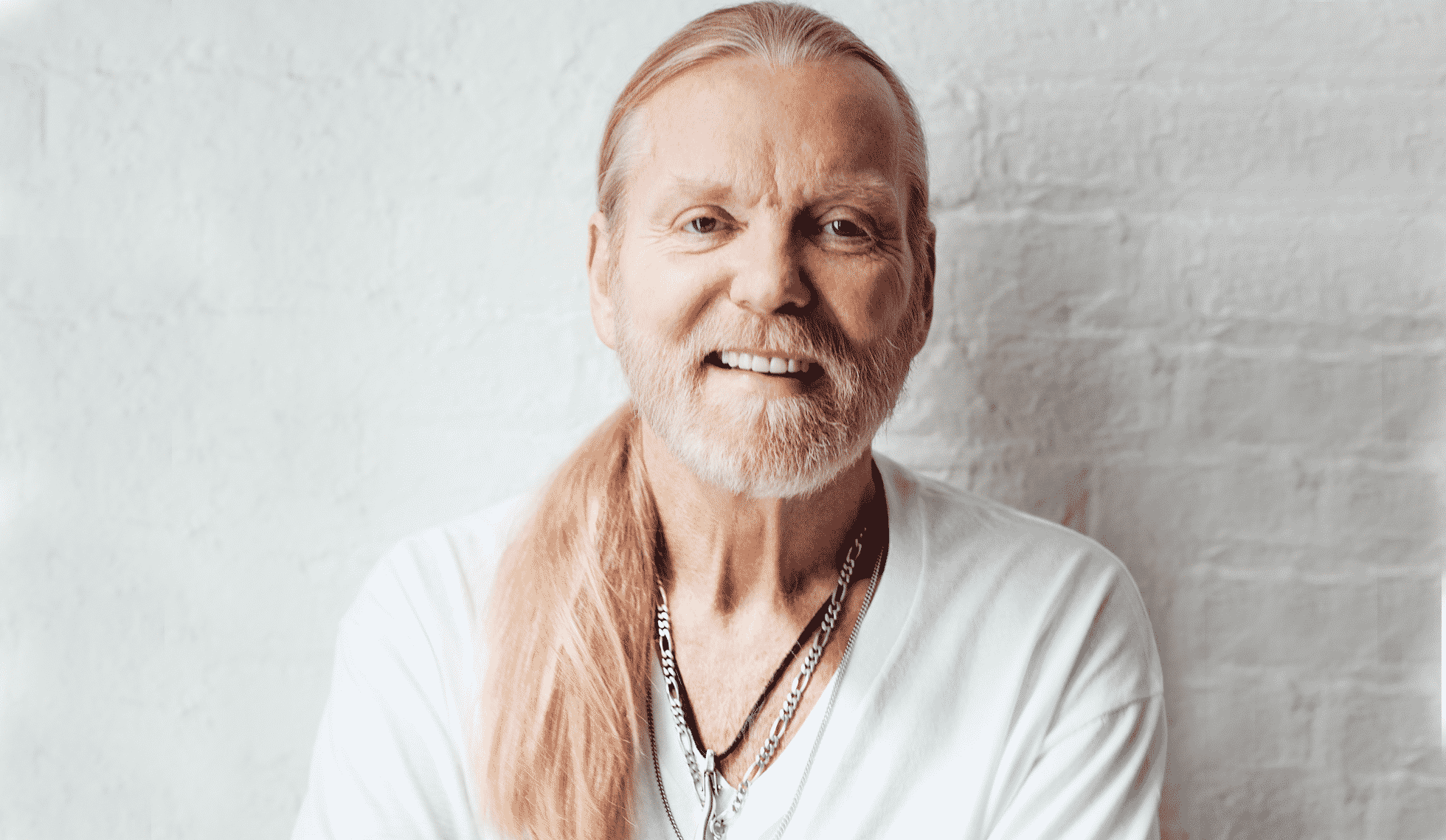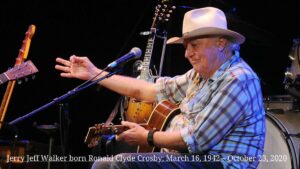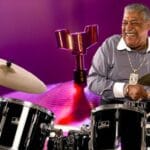 Gregg Allman, the organist and singer for the Allman Brothers Band, which helped spawn the genre of southern rock, has died. He was 69.
Gregg Allman, the organist and singer for the Allman Brothers Band, which helped spawn the genre of southern rock, has died. He was 69.
Allman’s death was announced in a statement posted to his website on Saturday. Allman “passed away peacefully at his home in Savannah, Georgia”, the statement said, having “struggled with many health issues over the past several years”.
[youtube https://www.youtube.com/watch?v=J0GiRGl2dIU]
“During that time, Gregg considered being on the road playing music with his brothers and solo band for his beloved fans, essential medicine for his soul. Playing music lifted him up and kept him going during the toughest of times.”
Allman left and rejoined the Allman Brothers Band, whose hits and well-known songs included Ramblin’ Man and Midnight Rider, last playing with the group in 2014. In 2016 he cancelled solo tour dates for health reasons; this March he canceled performances for the rest of this year. Having contracted hepatitis C after years of substance and alcohol abuse, in 2010 he had a liver transplant.
Born in Nashville, Tennessee, Allman was raised in Florida with his older brother and fellow band member Duane by a single mother, after his father was shot dead. In a 2015 interview with the Guardian, he said he “learned to play mostly from black people: the clubs on Daytona Beach, Surf Bar, Paradise, all black dudes.”
“We used to listen to a station that called itself ‘the black spot on your dial’,” he added. “It played Muddy Waters and Howlin’ Wolf, and it hit Duane and me like spaghetti hitting a wall.
“Once Ma came in while we were playing with Hank Moore. He was teaching us Done Somebody Wrong and she says: ‘What you doing with a nigger in the front room?’ But she was just having a bad day. We were raised not to hate black people, and mother did a good job.”
The first Allman Brothers Band lineup featured Duane and Dickey Betts on guitar alongside two drummers. Duane Allman died in a motorcycle accident in 1971, when he was 24. The bassist Berry Oakley also died in a motorcycle accident at the age of 24, in 1972.
In his Guardian interview, Gregg Allman said: “Duane was the king of laughter, always making jokes. Just last year, the Allman Brothers played our last gig. It was at the Beacon in New York and everyone was at their best. You’ve got to keep laughing. It was what Duane would have done, and wanted us to do.”
Allman’s manager, Michael Lehman, said on Saturday: “I have lost a dear friend and the world has lost a brilliant pioneer in music. He was a kind and gentle soul with the best laugh I ever heard.
Advertisement
“His love for his family and bandmates was passionate as was the love he had for his extraordinary fans. Gregg was an incredible partner and an even better friend. We will all miss him.”
Allman, who released an autobiography in 2012, was married seven times. From 1975 to 1979 he was married to the singer Cher, with whom he had a son, Elijah Blue. On Saturday, Cher wrote on Twitter: “IVE TRIED… WORDS ARE IMPOSSIBLE GUI GUI FOREVER, CHOOCH.”
Among tributes from musicians, country star Keith Urban wrote: “My heart breaks today at the passing of soul brutha Gregg Allman.” Cameron Crowe, director of the 1970s-set rock movie Almost Famous, wrote: “Thank you … for the inspiration, and for those many holy nights on stage.”
The statement on Allman’s website said he was survived by “his wife, Shannon Allman, his children, Devon, Elijah Blue, Delilah Island Kurtom and Layla Brooklyn Allman; three grandchildren, his niece, Galadrielle Allman, lifelong friend Chank Middleton, and a large extended family.”
Since you’re here …
… we’ve got a small favour to ask. More people are reading the Guardian than ever, but far fewer are paying for it. Advertising revenues across the media are falling fast. And unlike many news organisations, we haven’t put up a paywall – we want to keep our journalism as open as we can. So you can see why we need to ask for your help. The Guardian’s independent, investigative journalism takes a lot of time, money and hard work to produce. But we do it because we believe our perspective matters – because it might well be your perspective, too.
Because I appreciate there not being a paywall: it is more democratic for the media to be available for all and not a commodity to be purchased by a few. I’m happy to make a contribution so others with less means still have access to information. Thomasine F-R
If everyone who reads our reporting, who likes it, helps to support it, our future would be much more secure.








You will be missed dearly.💕